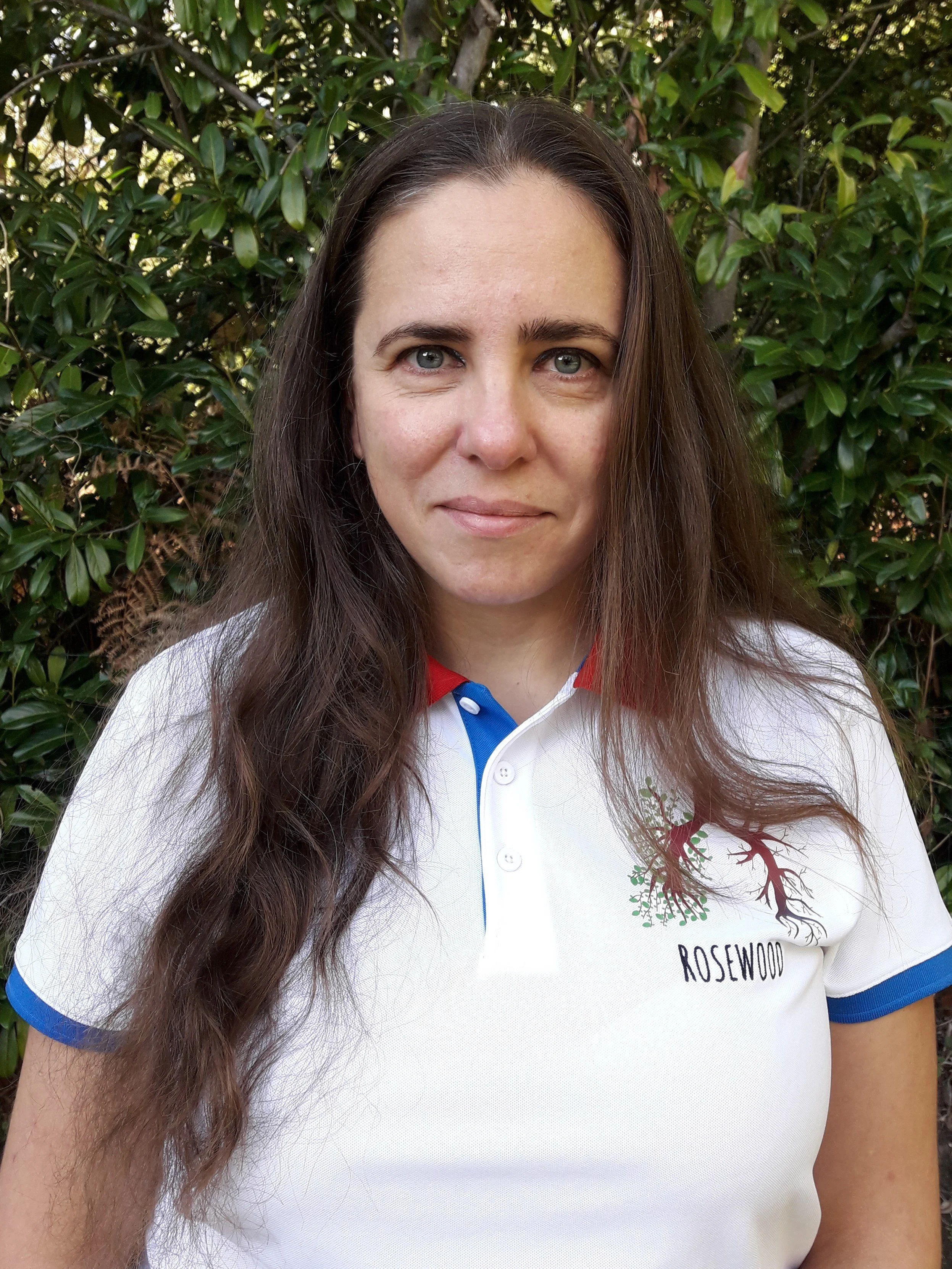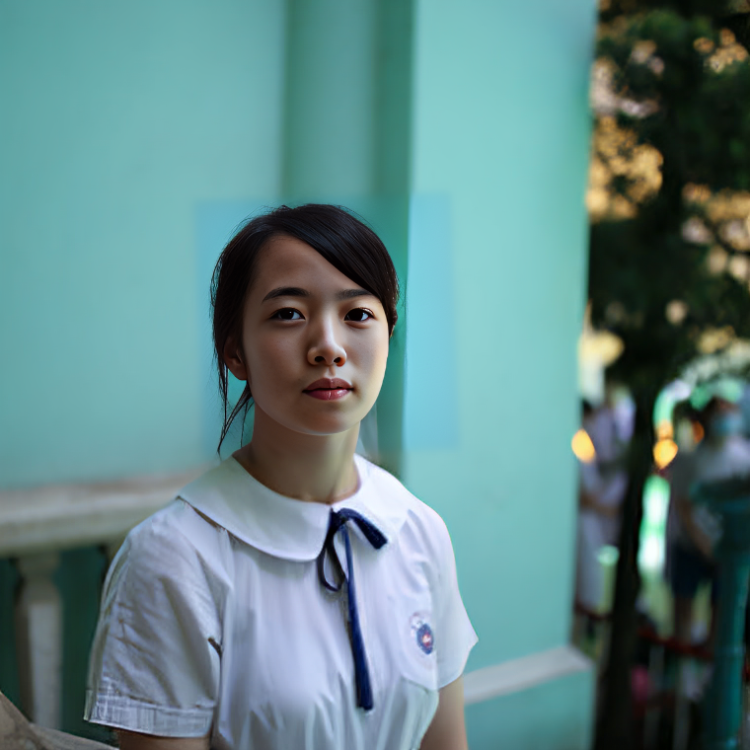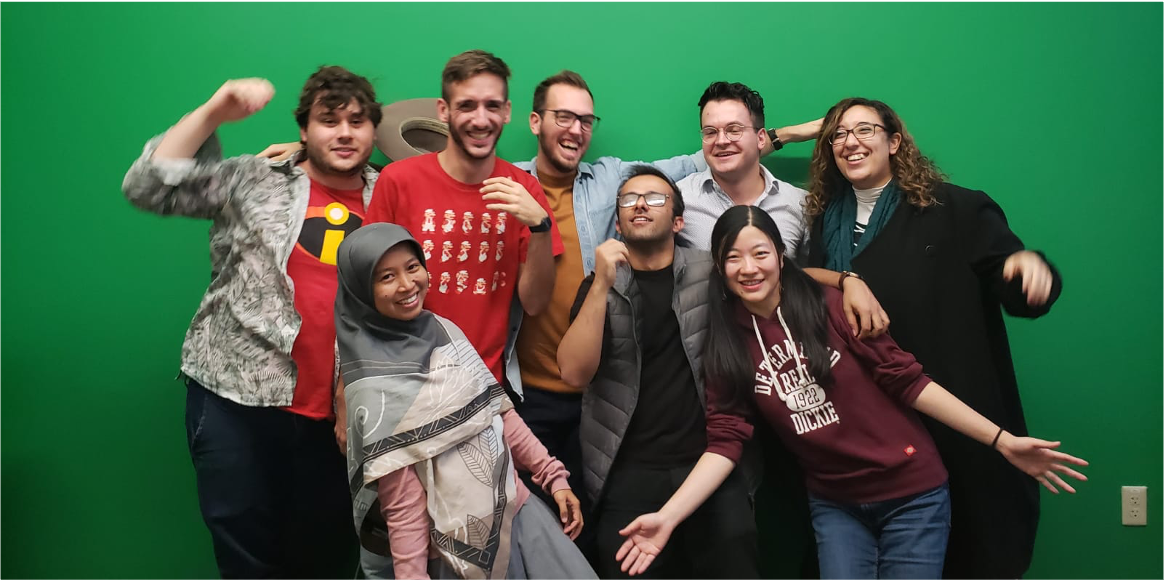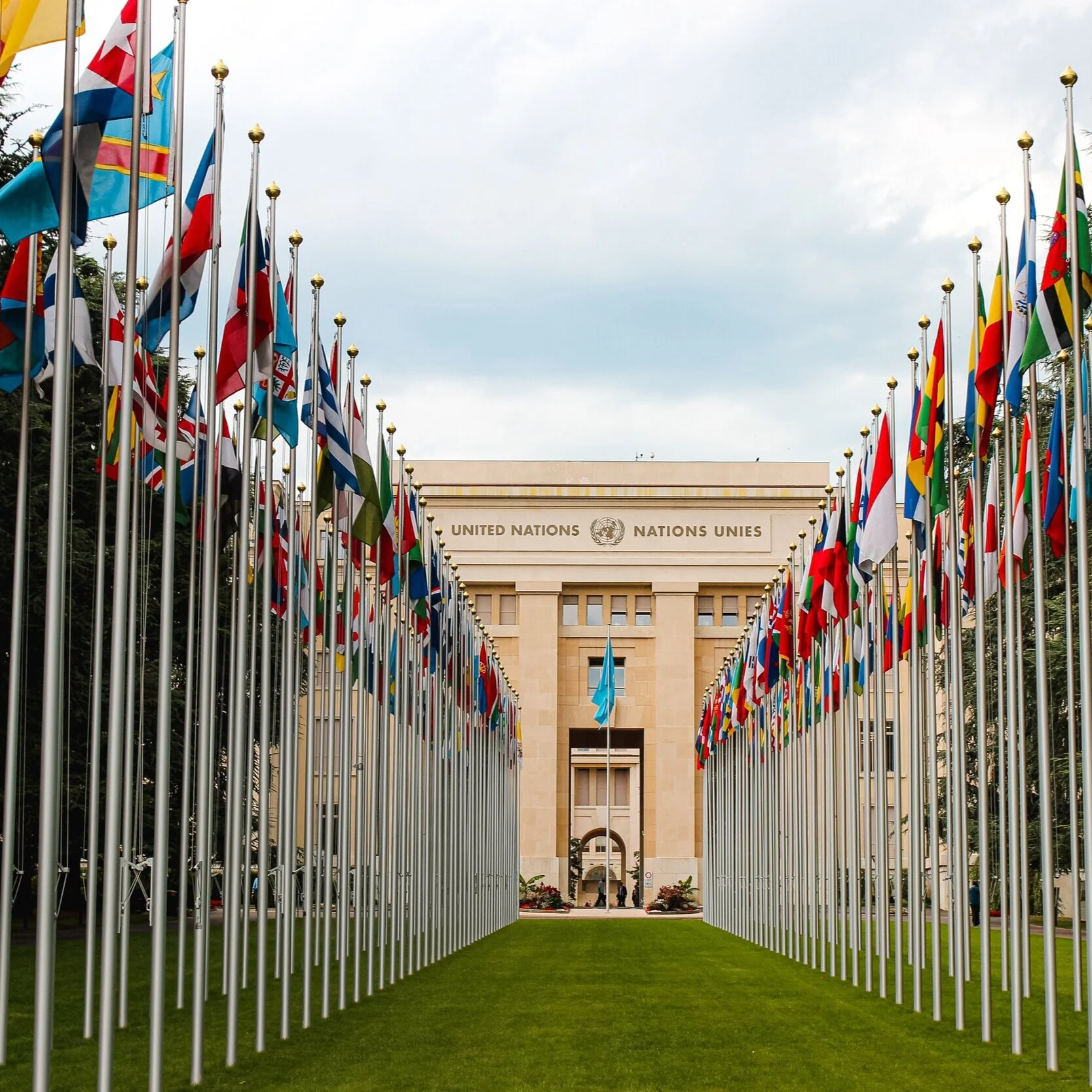Coming from an engineering background, Suhasini Iyer was introduced to the realm of synthetic biology through an email from her school, where she learnt about the iGEM Competition and chose to enroll.
Welcome!
This blog is where we share stories, announcements, and insights from around the iGEM community.



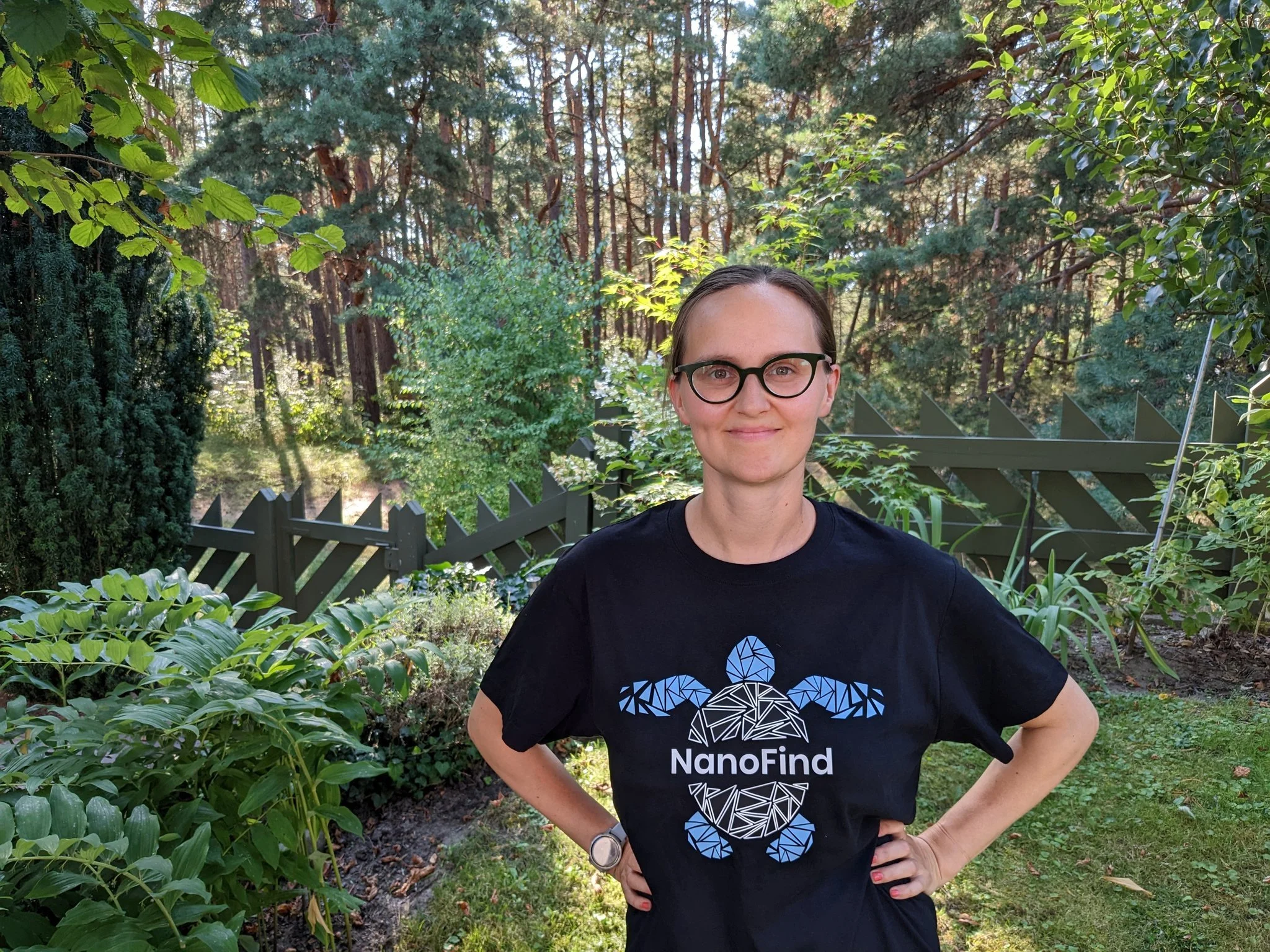

![[ZH] 与iGEM互利成长-蓝晶的故事](https://images.squarespace-cdn.com/content/v1/5c0571c05cfd7950e5a84c99/1660239333574-DZRHKQMXTMMX3KUSX3S8/WechatIMG127.jpeg)

